
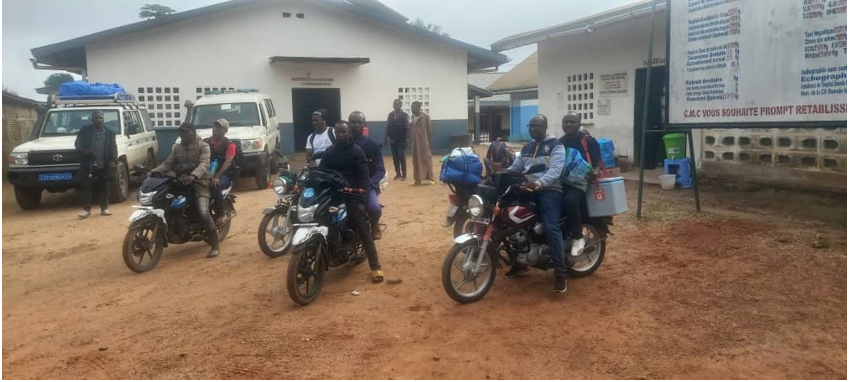
In 2022, Uganda reported an alarming outbreak of Marburg virus disease (MARV). Two people in the southwest developed high fever, vomiting, and bleeding, which are classic signs of MARV, one of the world’s deadliest viruses. Within weeks, health workers in protective suits traced contacts, isolated patients, and calmed panicked communities. Though the outbreak was swiftly contained, the event was a chilling reminder of how quickly a single spark can ignite an epidemic.
Here’s the unsettling truth: Marburg and other viral hemorrhagic fevers are dangerous not simply because of their severity but also because their early symptoms resemble common illnesses like malaria or typhoid. This means cases may be misdiagnosed or overlooked. As a result, chains of transmission can go unnoticed until a severe case erupts or a death occurs, as was seen in Uganda.
Research has already shown that in several African countries, many people carry antibodies to viruses such as Ebola, Marburg, dengue, and yellow fever. Antibodies are protective proteins the body produces which are specific to various pathogens. These antibodies recognize and fight off infections, and they often remain in the blood long after recovery. This is where seroprevalence studies come in. By testing blood for these antibodies, scientists can uncover whether communities have been exposed to a particular virus, even when no outbreak was recognized.
The SeroMarv Africa Study
Researchers across Africa, coordinated by the Ghana team, are working together through the ALERRT Consortium’s SeroMarv Africa Study to map past exposure to some of the world’s dangerous viruses.
The study is actively recruiting participants in Cameroon, Guinea, and Uganda and aims to test for antibodies to multiple high-risk pathogens, including Ebola viruses, mpox, Zika virus, dengue virus, and yellow fever virus.
“What we are doing is shedding light on outbreaks we might have missed,” said Dr. John Amuasi, ALERRT co-lead. “The knowledge we obtain from such studies can help us better understand risk, as well as anticipate and put in measures to mitigate future outbreaks.”
Making It Work Across Borders
Implementing a study of this scale across three African countries requires careful planning, coordination, and trust. The Kumasi Centre for Collaborative Research (KCCR) in Ghana is coordinating the study, working closely with partner institutions in Cameroon, Guinea, and Uganda. The approach strikes a balance between central guidance and local autonomy, enabling each site to tailor implementation approaches to its unique cultural and operational realities.
Dr. Anthony Afum Adjei-Awuah, the SeroMarv Africa Study Coordinator, noted, “The strength of this project lies in collaboration. Each country brings its own expertise and context. By aligning efforts and sharing lessons in real time, we’re collecting useful data while contributing to building the systems Africa needs to stay ahead of future outbreaks.”
To get started, study teams trained staff, adapted protocols, and secured ethical approvals in each country. Regular meetings, an interactive recruitment tracking dashboard, and dedicated data management support to ensure smooth progress and high-quality results were set up.
By providing crucial insights into risk and past outbreaks from high-priority pathogens, the study findings will strengthen surveillance, guide response strategies, and establish a platform for future seroprevalence research on WHO-priority diseases.
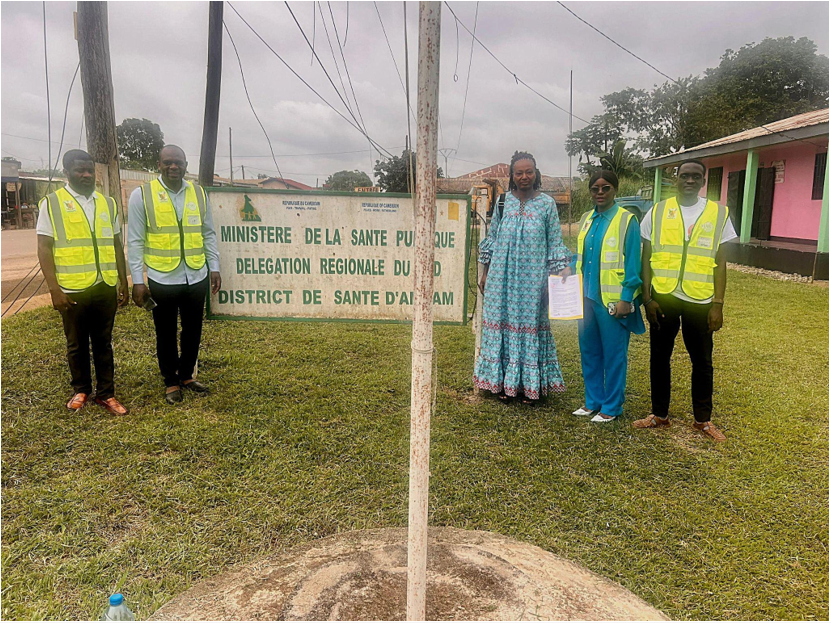
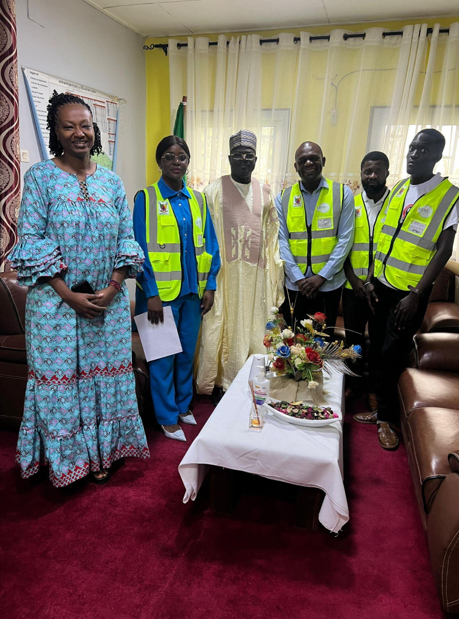
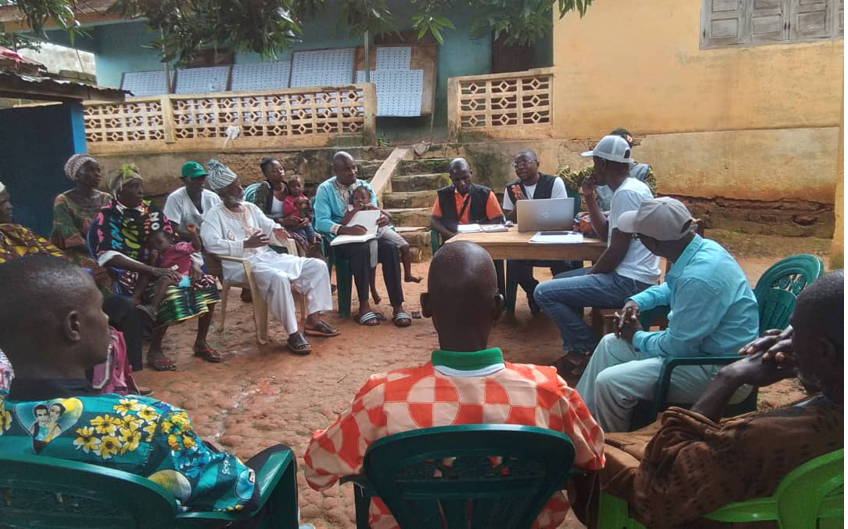
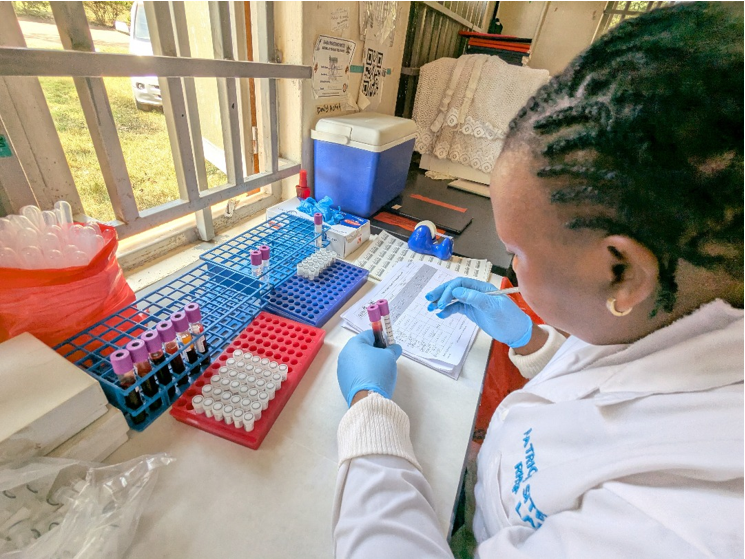
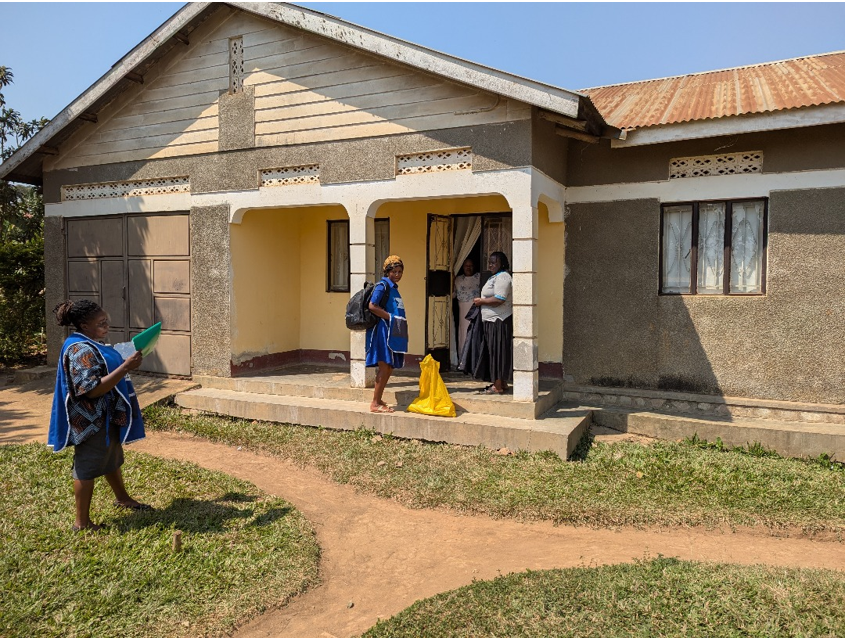
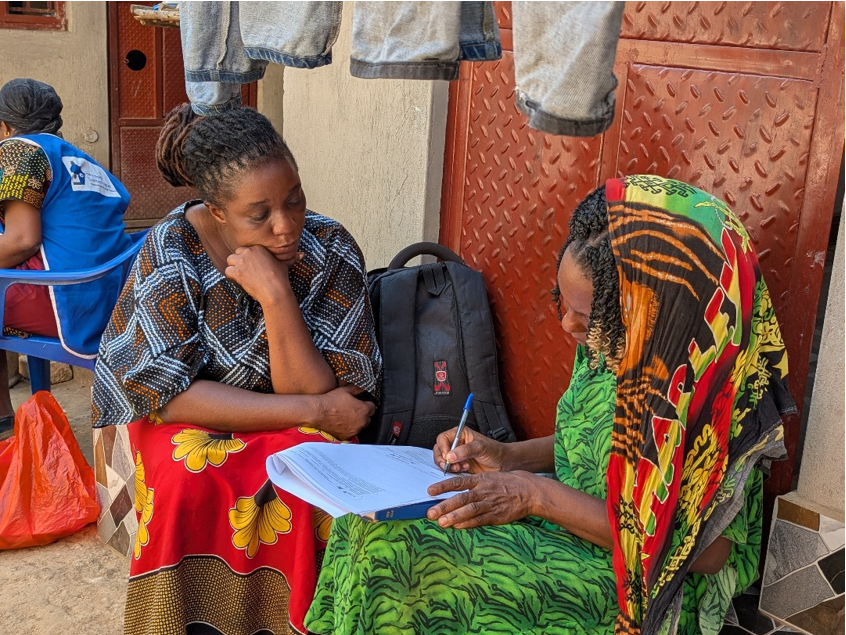
Please Sign in (or Register) to view further.